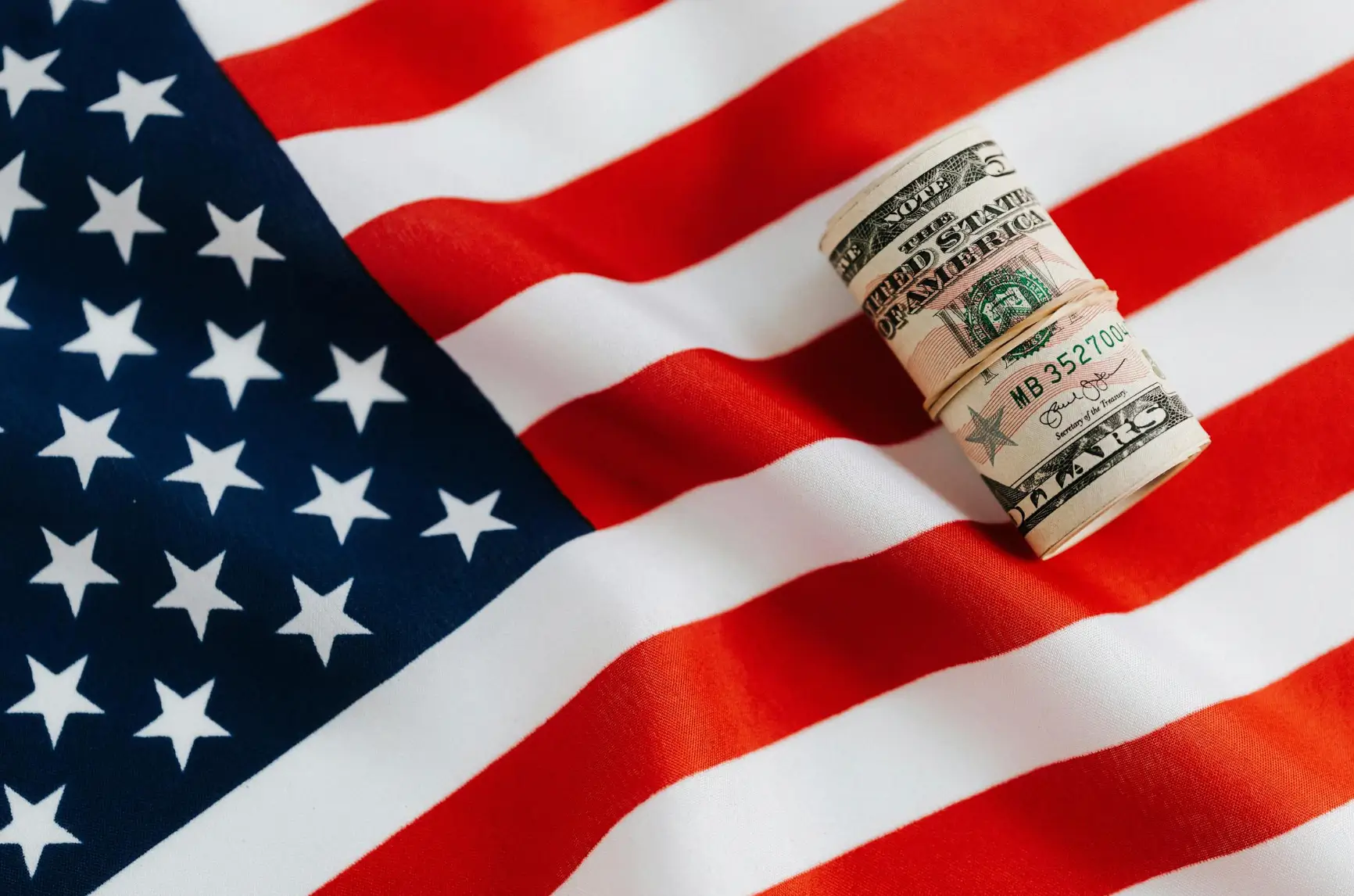U.S. Economy May Be Struggling More Than It Seems, Venture Capitalist Warns
05.11.2024 12:30 1 min. read Alexander Stefanov
Chamath Palihapitiya, billionaire venture capitalist, argues that the U.S. economy may not be as healthy as it appears, suggesting that government spending has driven much of the growth seen in recent years.
In a recent episode of the All-In Podcast, he pointed out that if government contributions to GDP were removed, the economic landscape would look much less favorable.
Palihapitiya believes that private sector activity has been muted, a sentiment he says aligns with his sense that the economy might already be in a “low-key recession.”
He noted that many companies are reporting weakening demand, despite top-level economic indicators giving an impression of stability.
The underlying issue, he argues, is that government consumption has propped up GDP, masking the stagnation or contraction faced by private businesses.
He warns that relying heavily on government spending to sustain economic growth is unsustainable and could lead to market disillusionment. At some point, he says, capital markets may reject this artificial boost, potentially leading to a sharp economic correction.
-
1
U.S. PCE Inflation Rises for First Time Since February, Fed Rate Cut Likely Delayed
27.06.2025 18:00 1 min. read -
2
Key U.S. Economic Events to Watch Next Week
06.07.2025 19:00 2 min. read -
3
Gold Beats U.S. Stock Market Over 25 Years, Even With Dividends Included
13.07.2025 15:00 1 min. read -
4
U.S. Announces Sweeping New Tariffs on 30+ Countries
12.07.2025 16:30 2 min. read -
5
US Inflation Heats Up in June, Fueling Uncertainty Around Fed Cuts
15.07.2025 16:15 2 min. read
US Inflation Heats Up in June, Fueling Uncertainty Around Fed Cuts
U.S. inflation accelerated in June, dealing a potential setback to expectations of imminent Federal Reserve rate cuts.
Gold Beats U.S. Stock Market Over 25 Years, Even With Dividends Included
In a surprising long-term performance shift, gold has officially outpaced the U.S. stock market over the past 25 years—dividends included.
U.S. Announces Sweeping New Tariffs on 30+ Countries
The United States has rolled out a broad set of new import tariffs this week, targeting over 30 countries and economic blocs in a sharp escalation of its trade protection measures, according to list from WatcherGuru.
Key U.S. Economic Events to Watch Next Week
After a week of record-setting gains in U.S. markets, investors are shifting focus to a quieter yet crucial stretch of macroeconomic developments.
-
1
U.S. PCE Inflation Rises for First Time Since February, Fed Rate Cut Likely Delayed
27.06.2025 18:00 1 min. read -
2
Key U.S. Economic Events to Watch Next Week
06.07.2025 19:00 2 min. read -
3
Gold Beats U.S. Stock Market Over 25 Years, Even With Dividends Included
13.07.2025 15:00 1 min. read -
4
U.S. Announces Sweeping New Tariffs on 30+ Countries
12.07.2025 16:30 2 min. read -
5
US Inflation Heats Up in June, Fueling Uncertainty Around Fed Cuts
15.07.2025 16:15 2 min. read


